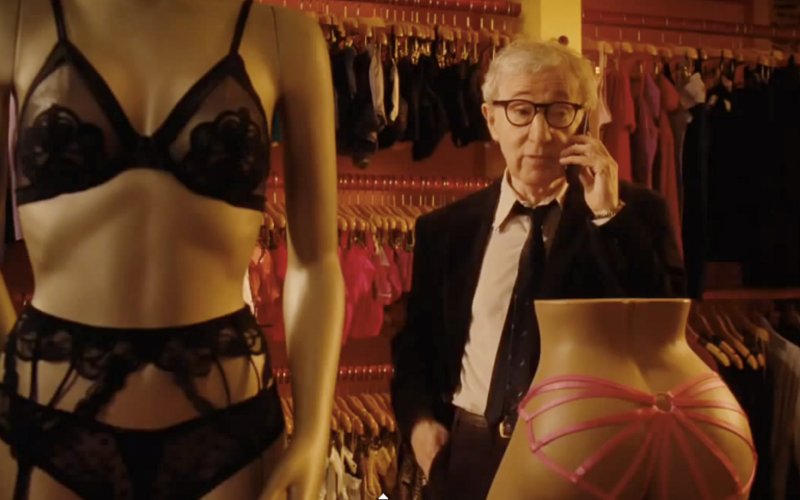The most striking thing about John Turturro’s Fading Gigolo is the liberal attitude towards its protagonist’s occupation: a gigolo, or male prostitute. There is no criticism, no drug addictions or gangster pimps: instead, the character is a healer, a hero and pleasure provider. And the discourse stops there. Instead of making a film about prostitution or gender politics, Turturro uses his plot purely as a mechanism for examining the characters and the lines they draw between love, sex and relationships.
When bookseller Mo (Woody Allen) falls on hard times, a chance conversation with his dermatologist (Sharon Stone) leads him to persuade his friend, florist Fiorvante (Turturro), that there’s money to be made becoming a part-time gigolo. Soon the pair go into business, satisfying the needs of the wealthiest women in New York; what could possibly go wrong?
Despite their being no serious consequence for Fiorvante and Mo’s activity – they don’t even seem to bother much about their profits – true love and the Jewish police manage to get in the way, forcing the dynamic duo to think again. Yes, the story is far-fetched, but it carries a level of self-awareness with it, a satire of human nature. It’s a quirky, romantic comedy with a stellar cast, but while it’s wryly amusing, it holds back on being downright funny. Though Woody Allen fans won’t be disappointed by Mo, who still manages to effuse philosophically, in that familiar Allen way.
Fading Gigolo bravely attempts to construct a world where society’s relationship with sex – and paying for it – is more relaxed, but, perhaps because that notion is still beyond our current ideological boundaries, it doesn’t quite work. In Turturro’s film, the conflict between sex and love is clear, as is the overlap: both can allow us to understand ourselves better, they can allow us to live comfortably within existing social parameters, or encourage us to create new ones. The money, it seems, is arbitrary.
